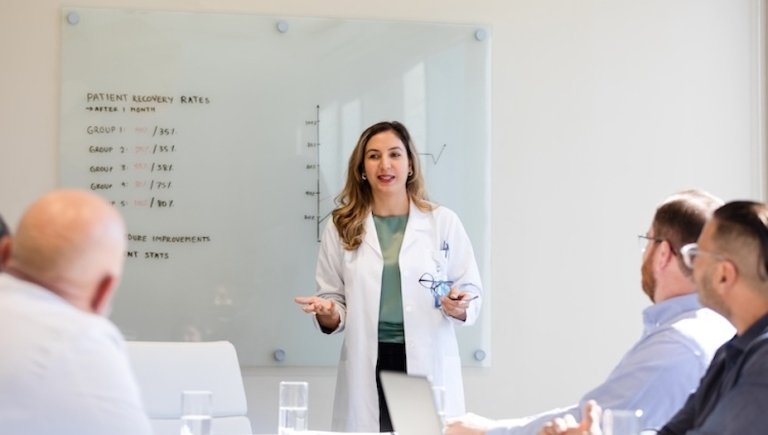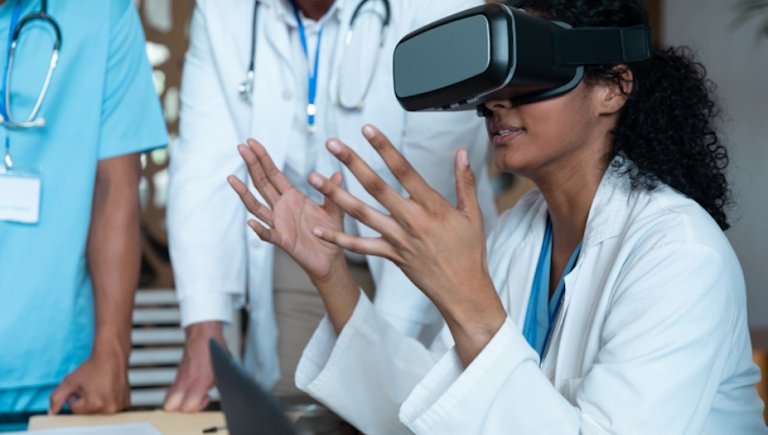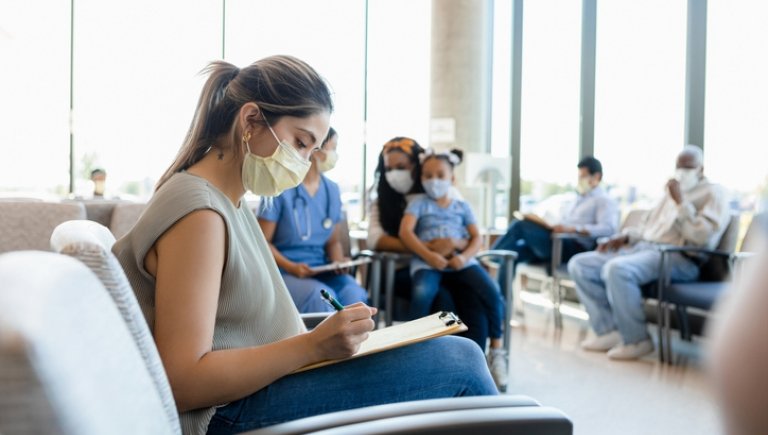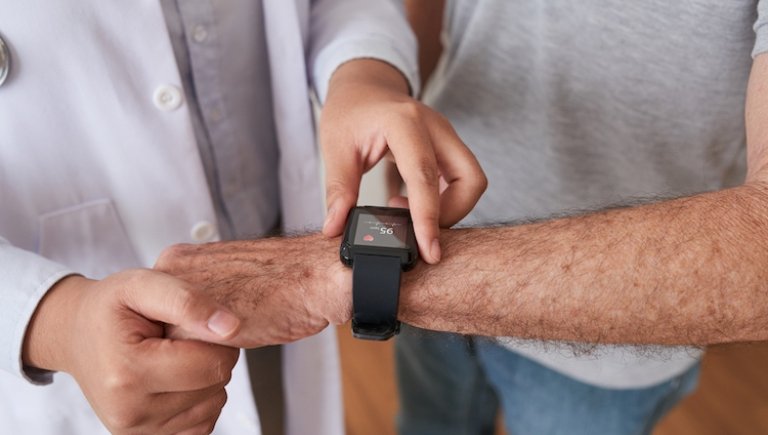All Insights
Exploring the science, practice, and business of medicine.
Exploring the science, practice, and business of medicine.
Showing 10 out of 56 Insights
The need for good science writers and editors can still be under-recognized in the academic community, but once a principal investigator understands the concrete value you bring, you can begin building a portfolio of published work.

Medical professionals and clinical leaders responsible for improving quality and patient safety profiles can bridge the knowledge gap in clinical IT systems by learning how to optimize the organization’s informatics systems in a value-added way.

Clinical trials are the gold standard for testing the effectiveness of treatment interventions for both common and rare conditions, yet the time and financial investment required to find and recruit eligible patients can be cumbersome.

Women working in clinical research can bring real value when they serve in leadership positions.

For people working in the healthcare field, developing their writing skills can help them do their job more effectively.

Delivering quality and safety in the health care setting is essential to achieving the best patient outcomes, especially in the surgical suite.

Most people today have heard about ChatGPT, a form of generative artificial intelligence (AI) that uses a chatbot to “converse” with users by creating content that responds to their questions or prompts. For medical educators, this emerging technology can bring real value to their classrooms and clinical teaching activities—but only if they understand how best to embrace the potential while sidestepping the risks and challenges of generative AI.

The lack of diversity in clinical trials can have significant consequences for public health. If they only include participants from a narrow demographic group, the results may not accurately represent the broader population. This can result in drugs and treatments that are less effective or even harmful for certain groups of people.

The latest wearable medical devices are transforming clinical research processes and outcomes by enabling clinicians to collect a wealth of data remotely. Such advances are saving time, saving money, and increasing access to clinical trials for a much broader group of people than before.

Health care professionals who cultivate strong writing and communication skills are well-positioned to achieve their professional goals. Clinicians, clinical investigators, researchers, and allied health professionals can benefit from strengthening their skills in these areas.
